Changing of the guard at WTMJ sets a new tone for political talk radio in Milwaukee
One of Milwaukee's biggest radio stations has shifted from presenting conservative talk radio to embracing political compromise in the wake of an ownership change in 2018, with WTMJ adding five new local news shows in 2024 to cover news that affects Wisconsin residents.
Wisconsin Watch
October 22, 2024 • Southeast Region
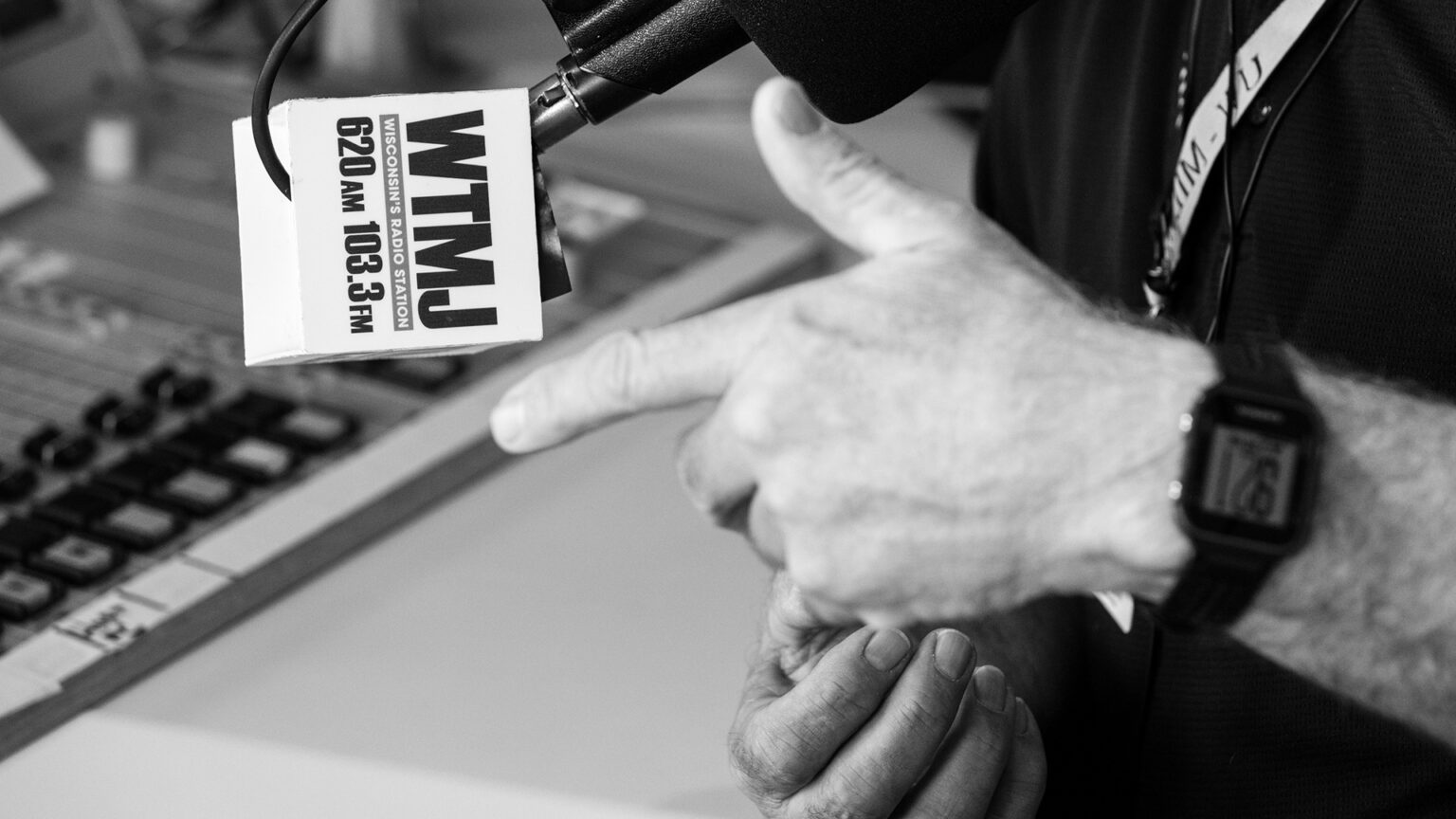
WTMJ's Steve Scaffidi gestures during a broadcast of "Political Power Hour." (Credit: Joe Timmerman / Wisconsin Watch)

This story was originally published by Wisconsin Watch.
WTMJ was once the pinnacle of conservative talk radio in Wisconsin. However, with the station’s ownership change and its fresh, news-driven approach, WTMJ has moved away from conservative rhetoric — reflecting a shift in Milwaukee’s demographics and media landscape.
“It’s very much changed now. I mean, quite significantly. They’re clearly moving away from conservative talk radio,” said former WTMJ host Charlie Sykes, a pioneer of right-wing radio in Wisconsin who helped pave the way for the 2010 election of Republican Gov. Scott Walker.
The conservative reputation long stuck with WTMJ, but in recent years some believe the station is turning left.
Assembly Speaker Robin Vos, R-Rochester, said WTMJ is now a “left wing” station that has faced a “precipitous decline” in ratings since it “left conservative talk radio.”
“They’ve tried to have liberal talk radio in Wisconsin for 20 years, and it’s always failed, because you still have to get listeners and you have to get advertisers,” Vos said. “I have a feeling that unless they have deep pockets from some billionaire who wants to say, ‘I’m going to help make Wisconsin more liberal by having liberal talk radio,’ it’s not going to be successful. But you know, the free market’s a free market.”
Sykes said WTMJ’s change could reflect the shifting political leanings of the Milwaukee suburbs. Waukesha, Ozaukee and Washington — the WOW counties — were once the “beating heart of the new resurgent Republican Party,” but since 2016 have become more liberal.
“Radio is always going to chase the audience, and there’s nothing radical about this,” Sykes said. “They will always try to go where the audience is.”
Current WTMJ radio hosts Kristin Brey and Steve Scaffidi call the station’s shift natural. The station has started to appeal to younger generations by producing more podcasts, YouTube videos and digital content, Brey said, focusing more on age than political leanings.
“I think it’s more of a reaction to how the general media landscape has changed versus what the political leanings are in this region of the state,” Brey said.
Scaffidi says it would be impossible to constantly match the political leanings of their audience.
“If we were going to somehow magically try to realign ourselves with how the demographics are changing, how do we know they’re not going to shift the next election?” Scaffidi said. “I mean, you’d be constantly changing, it wouldn’t make any sense.”
Over the years WTMJ has changed from the inside out. From location to ownership, to values, to hosts, to topics on-air, very little has stayed the same.
WTMJ began in 1927 when The Milwaukee Journal bought the radio station and turned it into the powerful platform that exists today. TMJ used to be a trifecta of local TV news, the newspaper and the radio station starting in 1941 at Radio City, 720 E. Capitol Drive. Now they are all separately owned entities.
“What made it different from virtually every other station like that in the country was the sports franchises,” Sykes said. “And this is a huge audience. I mean, it’s hard to overstate how big it was that this was the major flagship station of the state of Wisconsin.”
In November 2018, Good Karma Brands bought WTMJ. After 80 years at Radio City, the station relocated to the Third Street Market Hall in early 2022. Good Karma Brands was founded in 1997 when Craig Karmazin purchased three radio stations in Beaver Dam, Wisconsin. GKB started as a broadcast company but later evolved into the media and marketing enterprise that exists today. The company’s predominant partner is Disney-owned ESPN.
“So they’re kind of scrambling around for their identity and apparently have just simply decided that they’re going to get out of the conservative talk radio business, they’re going to concede that to WISN,” Sykes said.
Questions about a potential WTMJ shift began in 2018 with the ownership change. Karmazin has donated to multiple Democratic political campaigns over the years, including those of former President Barack Obama, Senate Majority Leader Chuck Schumer and Dan Kohl, a Democrat who challenged Republican U.S. Rep. Glenn Grothman in 2018. He has also donated to Wisconsin Democratic candidates like former Gov. Jim Doyle and former Milwaukee Mayor Tom Barrett.
WTMJ assistant program director Mike Spaulding said the station will not tamp down any political views and still offers conservative perspectives like Scaffidi’s. He says WTMJ has simply “opened up the tent” to more listeners.
Spaulding also downplayed the ownership’s interest in Wisconsin’s political landscape, but admitted that Karmazin was open about wanting to take the station in what he calls “a new direction.”
“We want to inform people. We want to let them know what’s going on and ultimately have them make their own decisions on what is right or wrong for them,” Spaulding said.
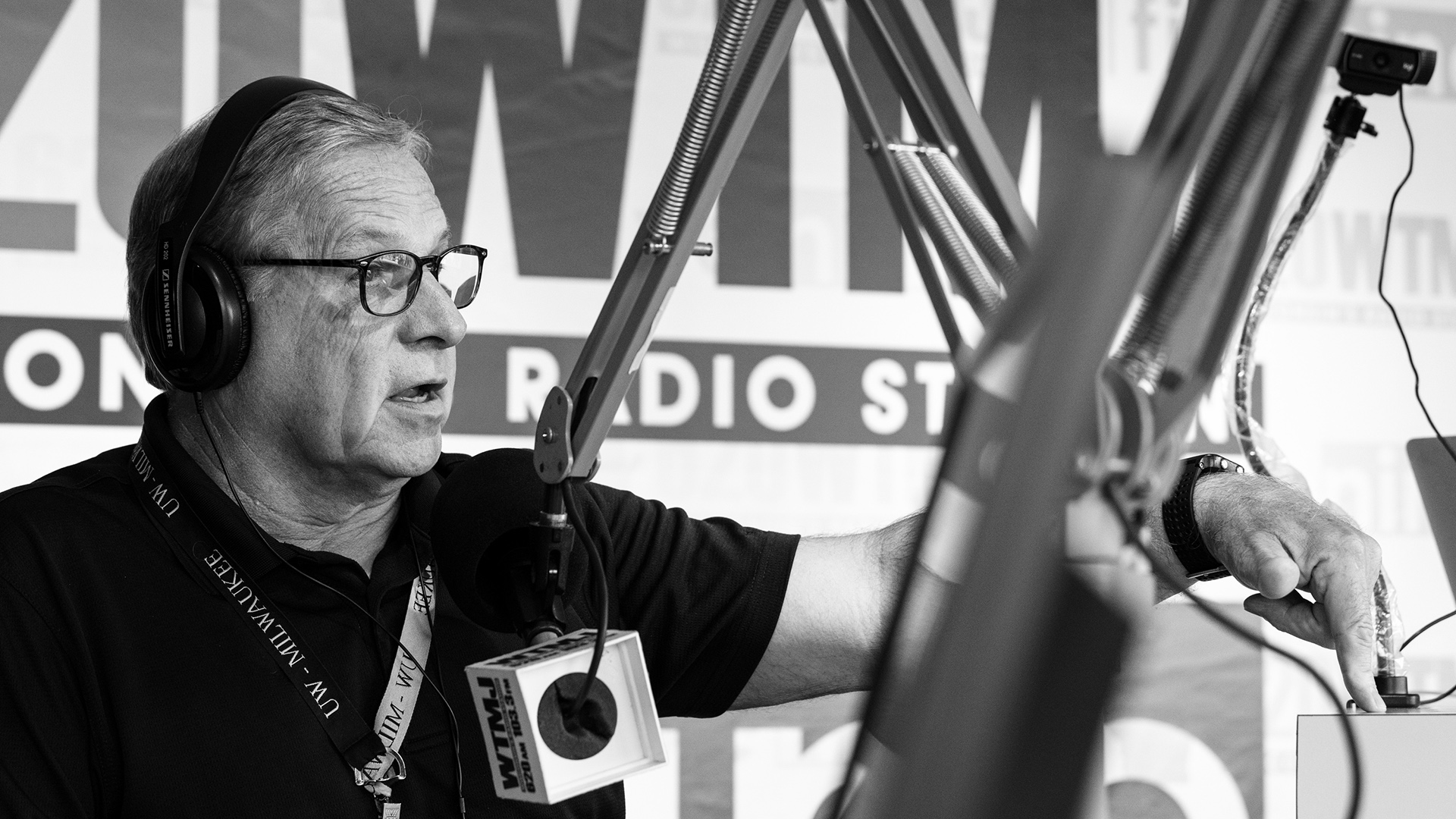
Steve Scaffidi, a WTMJ radio host, broadcasts alive show of “Political Power Hour ” on Aug. 5, 2024, from the WTMJ studio at the Wisconsin State Fair in West Allis. WTMJ has long had a conservative reputation, but in recent years some believe the station is turning left. (Credit: Joe Timmerman / Wisconsin Watch)
WTMJ and WISN in Milwaukee are the state’s two most powerful wattage stations. WTMJ’s broadcasts can be heard all over eastern Wisconsin and some of northern Illinois, shaping political opinion in and outside Wisconsin.
In February 2024, after the retirement of longtime conservative host Jeff Wagner, WTMJ added five local shows to cover news that affects Wisconsin residents. One includes Brey’s “Spanning the State” segment that covers in-depth stories around Wisconsin.
“What I’m excited about with WTMJ is their pivot to do more news … even though I’m not a journalist I, similar to Steve, I care about facts, and I care about information and I also care about showing both sides,” Brey said.
It’s unclear how the shift has affected WTMJ’s ratings over the last year. WTMJ’s rating dropped by 1.2 share points in December 2023, and no further ratings have been recorded because WTMJ no longer subscribes to Nielsen Audio Ratings. WISN’s ratings grew by 2.7 share points between April and July 2024.
WTMJ’s conservative reputation
Fully understanding WTMJ’s evolution requires understanding how it earned a conservative reputation. It all started with Sykes.
In 1992, Sykes was offered his own show at WISN, but left about a year later for a spot at rival WTMJ as the host of “The Charlie Sykes Show.”
“What was different about my coming to TMJ was at that point, TMJ did nothing that we call talk radio,” Sykes said. “There was very little political content. I was clearly the first.”
At a time when Rush Limbaugh and former Gov. Walker were rising, Sykes elevated conservative talk in Wisconsin.
“We were the center of really an intense polarization, the whole fight over Scott Walker and Act 10, it’s hard to really recreate how intense that was and how partisan and tribal the debates became,” Sykes said. “So that clearly was one of the markers of change of the show, which became less discussion and more advocacy.”
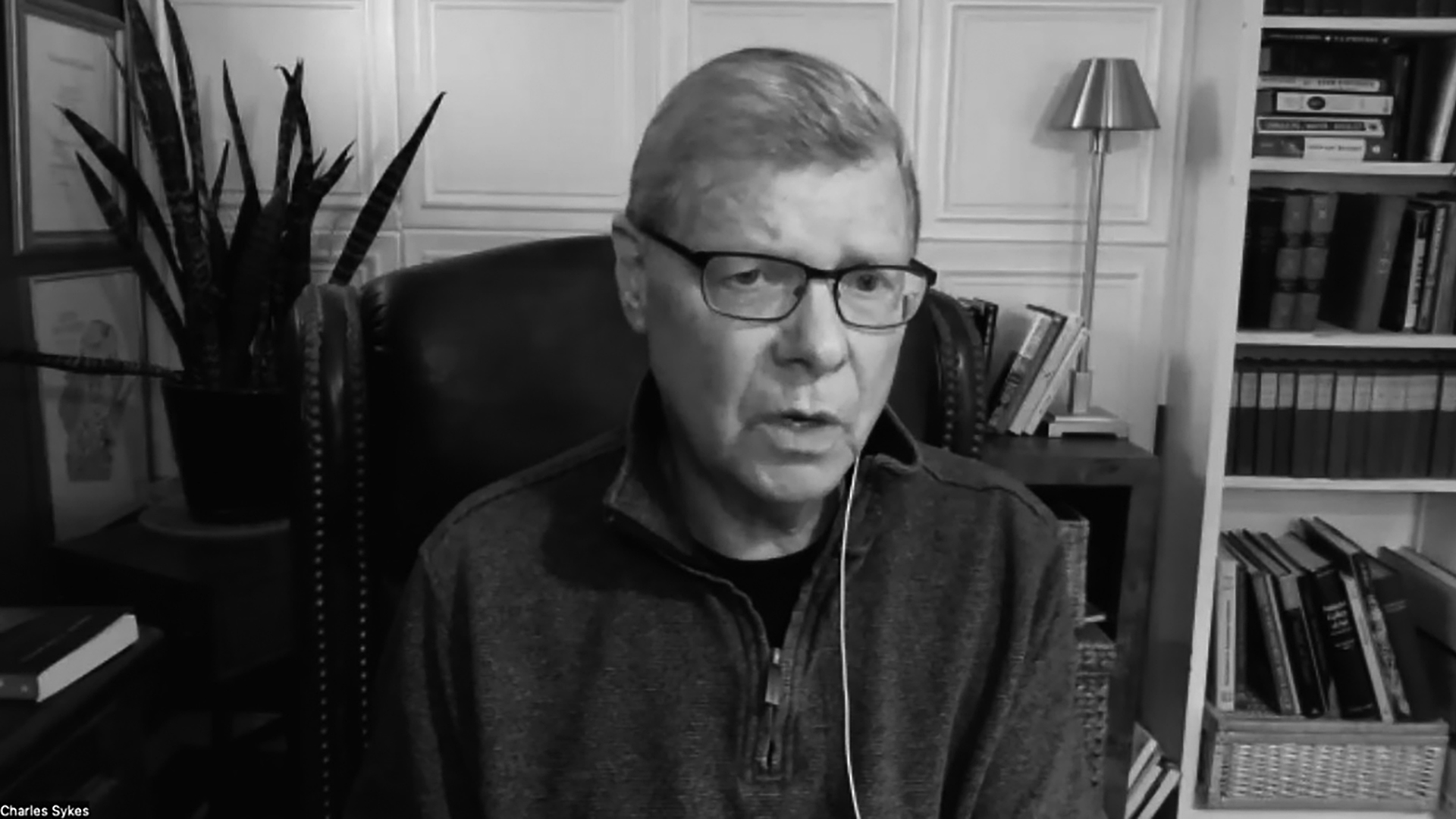
A screen shot shows Charlie Sykes in a videoconference conversation. “As I look back on my career … I’m not trying to make the same mistakes that I made early on. I don’t ever want to be a cheerleader for a politician,” said Sykes.
Sykes propelled Walker’s career and Republicans more broadly. People in the Milwaukee suburbs already leaned conservative, and Sykes turned up the right-wing volume.
“When you’re on radio, there’s a different relationship between the radio host and the audience,” Sykes said. “You’re in their heads every day. You’re having a conversation with them. They think they know you, you think you know them. There’s a relationship. And for a very long time I had a pretty good relationship with the audience.”
Sykes said he thought he was sharing “the other side” of the story at the time. It wasn’t until he resigned that he realized he played a role in fomenting a movement to reject fact-based journalism from traditional news outlets — something Sykes derided for years as the “lamestream media.” Instead people tuned in to hosts pushing a political agenda.
“I think what I didn’t fully recognize was the way that conservative talk radio was becoming its own ecosystem,” Sykes said. “You know, when I started, there was no bubble because there were so few conservative voices. By the time I left, it was beginning to form into that, that hermetically sealed bubble.”
Trump’s 2016 election was the turning point
The 2016 presidential election turned conservative talk on its head. Sykes opposed Donald Trump’s campaign, and in March 2016 he called out Trump on WTMJ live. Sykes condemned Trump’s comments against women, specifically a tweet Trump had made insulting Ted Cruz’s wife.
“Is this your standard, that if a supporter of another candidate, not the candidate himself, does something despicable, that it’s OK for you, a candidate for president of the United States to behave in that same way?” Sykes asked Trump on the live broadcast. “I mean, I expect that from a 12-year-old bully on the playground.”
Sykes said when he conducted the interview, his audience was fairly supportive. However, as 2016 continued on, more people rallied behind Trump. Sykes saw the audience slide into a bubble. When Sykes abandoned Trump, the listeners abandoned Sykes.
“That was kind of the shock moment where you realize that we had been so successful in criticizing much of the mainstream media that we had discredited fact-based media altogether,” Sykes said.
Before Sykes retired from WTMJ in 2016, he noticed his audience became less accepting of fact-based corrections. They did not like it when he criticized Republican rhetoric, Sykes said.
“One thing was very obvious — that there was really going to be no future in conservative media for Trump skeptics,” Sykes said. “We had evolved to a place where I think that conservatives wanted conservative talk radio. They wanted Fox News to be a safe space for them.”
In October 2016, Sykes announced he would be stepping down from WTMJ in December of that year. After 23 years of radio hosting, he knew he was going to leave no matter who won the election that year.
Pivot from conservative talk
After Sykes stepped out, Wagner, who had two decades earlier run for attorney general as a Republican, stepped in briefly. But by the end of 2017 Scaffidi took over the slot with a new tone for talk radio.
“I didn’t change. I didn’t come in saying, oh, man, I’m gonna be like Charlie Sykes,” said Scaffidi, who identifies as a Republican and was mayor of Oak Creek during the 2012 Sikh temple shooting.
Scaffidi used to call himself a conservative, but he thinks the word has been “uglied up.” Now, he prefers a different C-word: compromise.
“The show has always been about presenting both sides and looking at, OK, so this is the reality we live in. Here’s the politics of our country. What are both sides saying?” Scaffidi said.
Scaffidi engages with multiple political perspectives and clarifies his opinions versus the facts.
“Some of the other shows at other stations, they do a more one-sided conversation about politics,” Scaffidi said. “I’m not interested in that. It’s lazy to me, and frankly I don’t know what you would glean from that.”

Steve Scaffidi, host of WTMJ’s Political Power Hour and former mayor of Oak Creek, says he loves the C-word: compromise. “The show has always been about presenting both sides and looking at, OK, so this is the reality we live in.” (Credit: Joe Timmerman / Wisconsin Watch)
In February Scaffidi started the “Political Power Hour” show to address ideas from multiple perspectives. He invites journalists, political columnists and legal experts on the show for an hour every weekday.
“I want to make sure that we really understand the issues,” Scaffidi said.
Scaffidi has also explained how the station is diversifying, describing radio on his show earlier this year as a male-dominated market.
“This market, in particular Milwaukee in southeastern Wisconsin, has been infected by … constant noise, constant screaming on a microphone by mainly old white men, about politics in the most twisted fashion, which has, frankly, polluted our minds on this stuff,” Scaffidi said.
WTMJ radio will increasingly look to women to solidify its future, he told Wisconsin Watch.
“My mission statement from day one of my old show seven years ago was women are smarter than men,” Scaffidi said. “Women have a lot of skills that guys don’t have. And so if you can capture that, in whatever format this turns into, that’s pretty cool. And no one else is doing it. So that’s the part that excites me.”
WTMJ diversifying
Brey is among the growing ranks of women at the radio station. She previously hosted “As Goes Wisconsin” on Civic Media following a stretch as a Milwaukee Journal Sentinel video producer. She is one of four female hosts on a staff that includes six male hosts.
“I think the people who got hired, it’s to reflect more of what Wisconsin actually looks like,” Brey said in an interview.

Kristin Brey, a WTMJ radio host, sits in a station studio on Aug. 5, 2024, in Milwaukee. The station has started to appeal to younger generations by producing more podcasts, YouTube videos and digital content, according to Brey. (Credit: Joe Timmerman / Wisconsin Watch)
Still, Brey said, WTMJ has room to grow when it comes to more broadly representing Wisconsin, particularly in terms of race.
Brey said her previous workplace, Civic Media, showed a heavy leftward-lean — creating a liberal echo chamber.
“It was a lot easier to say more and more radical things when everyone who you’re talking to and everyone who’s listening kind of already agrees with you,” Brey added. “And so I’m really excited to be here to be doing a show that has personality, but doesn’t necessarily have, ‘This is good. This is bad.'”
Share your views on talk radio
Talk radio still wields a lot of power and influence in Wisconsin politics, but the landscape is changing. Investigative journalism students at the University of Wisconsin-Madison in partnership with Wisconsin Watch spent the spring 2024 semester reporting on those changes, resulting in a six-part series: “Change is on the Air.”
One piece missing from that series: the perspectives of radio listeners. Do you listen to talk radio in Wisconsin? Do you listen to both conservative and liberal voices, or do you stay in one media bubble? Do you listen to local or national programs? Or during your commute have you switched entirely to podcasts?
Share your thoughts on the state of talk radio in Wisconsin, and we may publish your response in a future part of our series. Send an email to: [email protected].
Wisconsin Watch reporter Hallie Claflin contributed to this report.
 Passport
Passport




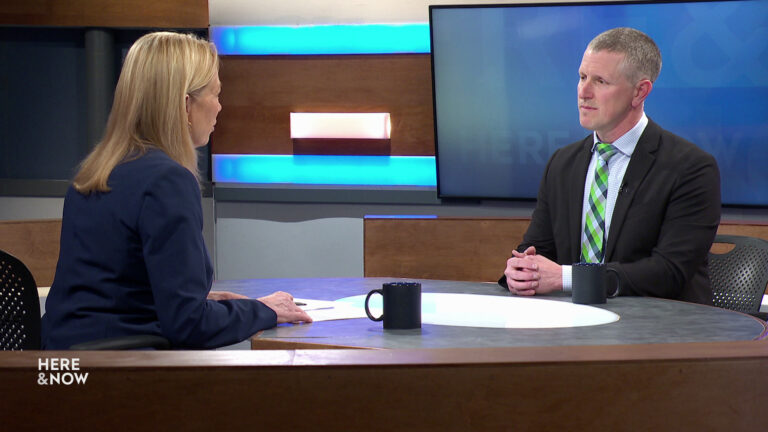
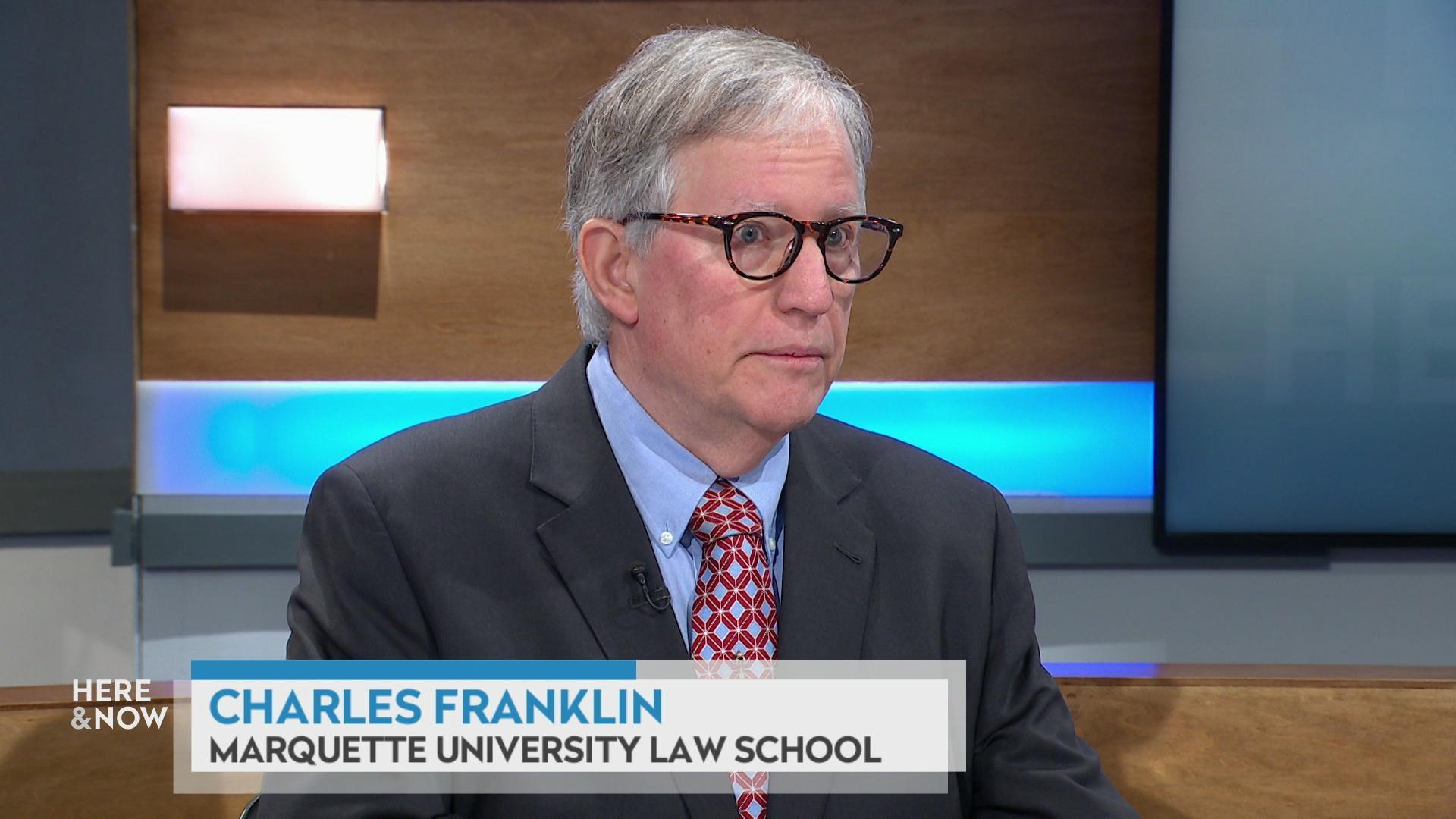
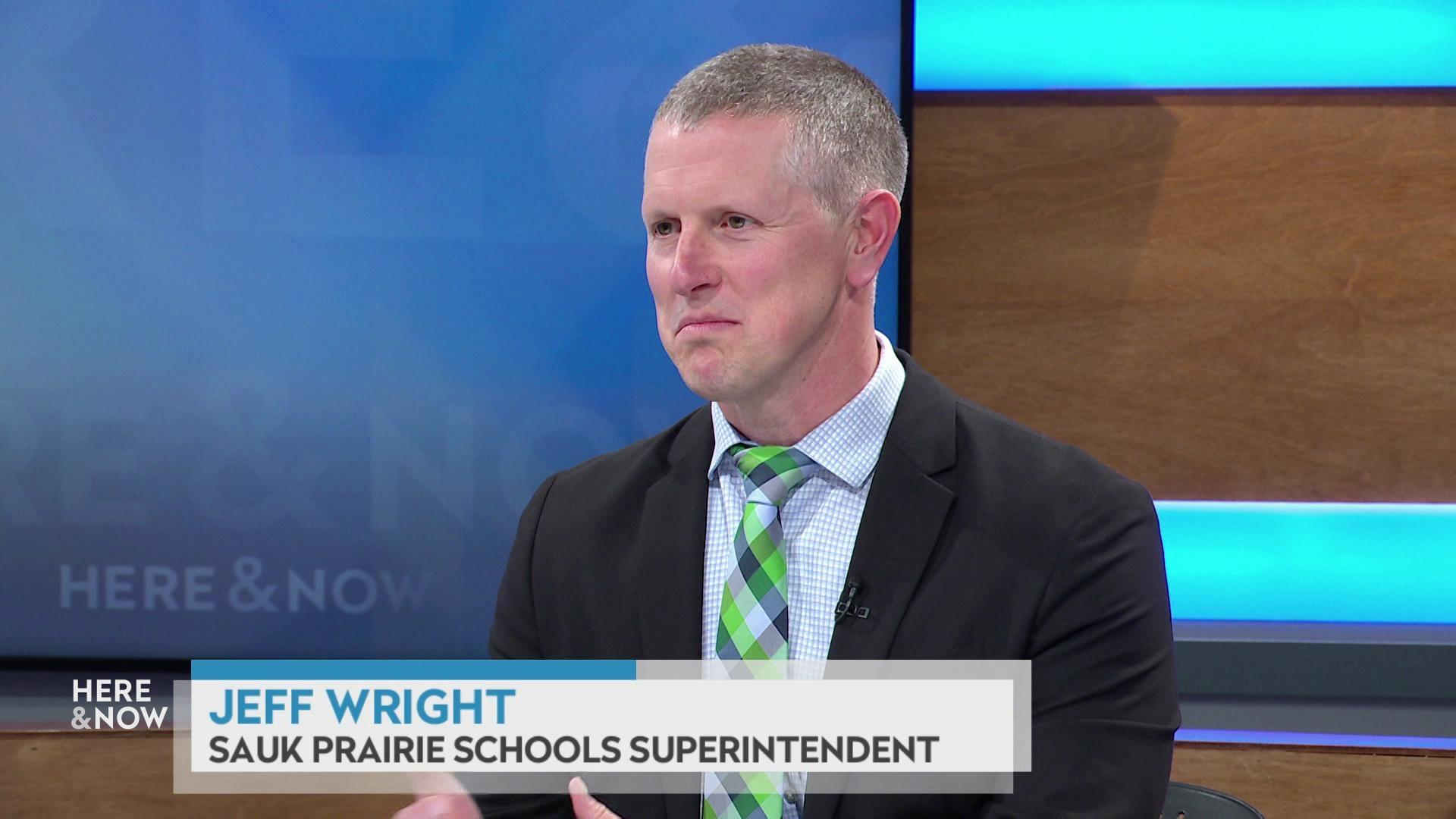
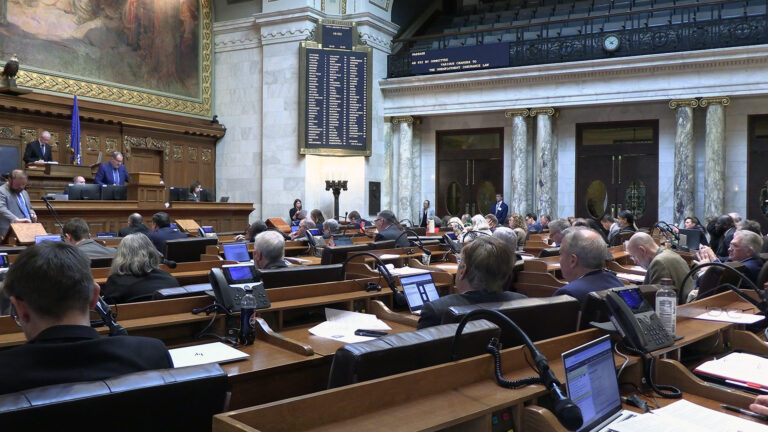



Follow Us